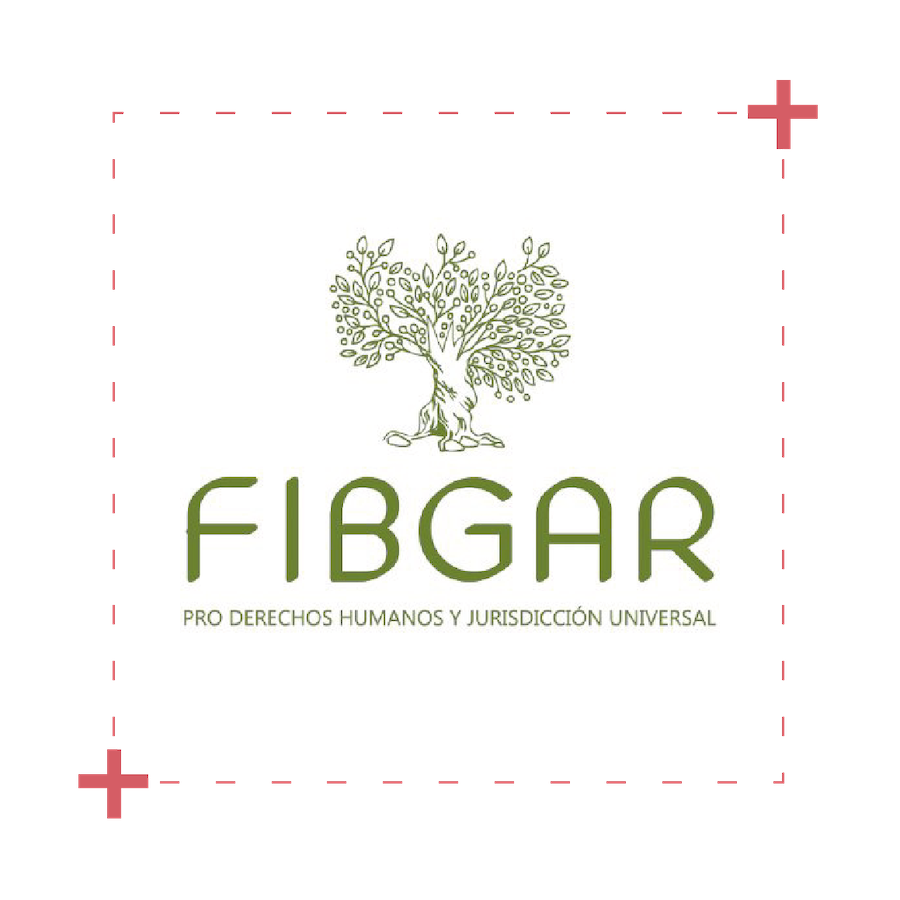The approval of the Directive of the European parliament and of the council on the protection of persons reporting on breaches of Union law (2019/1937) is a first step towards recognition and protection for all those who have suffered reprisals for having reported information on crimes, infractions or other bad practices in Spain. All those citizens who have participated in the improvement of our society, becoming invisible heroes.
The Directive has once again brought to the table the lack of protection in Spain, in dissonance with regional legislation that has taken valuable and ambitious steps in this regard, as well as the urgent need to call the entire society and, above all, the new parliament to work with commitment on this.
In line with this urgency Thursday 13 February, a public event was held at the National Commission for Markets and Competition entitled “La protección de informantes, alertadores o denunciantes no admite demora”, calling on representatives of European and Spanish public institutions to discuss on some of the most relevant points in the transposition. Likewise, the event called on all political parties to participate in a discussion panel.
A call to action
The Directive represents a great and challenging opportunity, which must become a Trojan horse to generate a cultural and social change, legally protecting those who communicate information about bad practices, promoting a positive perception of those who “blow the whistle” and a better functioning of the institutions. However, the Trojan Horse may well become ineffective in a matter so pressing for public or private sector workers, journalists, NGOs and activists.
The possibilities of developing a sufficiently strong legal framework involve not only ensuring protection against retaliation for all natural or legal persons (avoiding dismissals, changes in contractual conditions or employment opportunities, among others), but also ensuring the protection of people’s identity even through anonymity, as well as establishing channels and mechanisms to blow the whistle.
The translation of the concept “whistleblower” is one of the challenges to be attended in the legislative processes, not only in Spain, but also in Greece and other member states of the European Union. The term “denunciante” (claimant) not only carries a negative connotation on the person and the act, but being defined in the Spanish legislation, it establishes serious limitations to respond to the wide range of provisions established in the text approved in Strasbourg. For this reason, civil society (launched by the organization X-Net) has called for a campaign in defense of the concept of “alertador” (whistleblower) emphasizing its legal and evaluative neutrality. Recently, the term “alertador” has been mentioned by Mr. Juan Carlos Campo, Minister of Justice of the current government.
In order to ensure the impact of the transposition, public institutions must urgently become involved in the debates initiated by civil organizations, addressing many questions that still need to be answered to hope for a transposition that lives up to their expectations.
A European project to improve the protection of whistleblowers
One of the newest and most impressive provisions of Directive 2019/1937 is the obligation to implement reporting channels that guarantee the confidentiality and/or anonymity of whistleblowers. With this obligation, the Directive promises a large-scale institutional change, reaching private companies with more than 49 employees and public administrations with more than 10,000 citizens.
The Expanding Anonymous Tipping (EAT) project, coordinated by the Baltasar Garzón International Foundation (FIBGAR), is a reliable innovative response to these challenges. EAT implements dropboxes in public institutions and private companies in 10 countries of the European Union, using the technology of GlobaLeaks, a secure, confidential and anonymous reporting software that has been implemented by organizations such as the International Criminal Court, Edison EDF Group or the National Anti-Corruption Agency in Italy. Thus, the project puts within reach of any institution mailboxes with the highest standards of digital security for free, collaborating with civil organizations in each of the countries involved.
The importance of technology in the dissemination of information on irregularities is not new. Nowadays, an e-mail is not enough to protect the whistleblowers that expose information about facts that end up having an effect to all of us.
